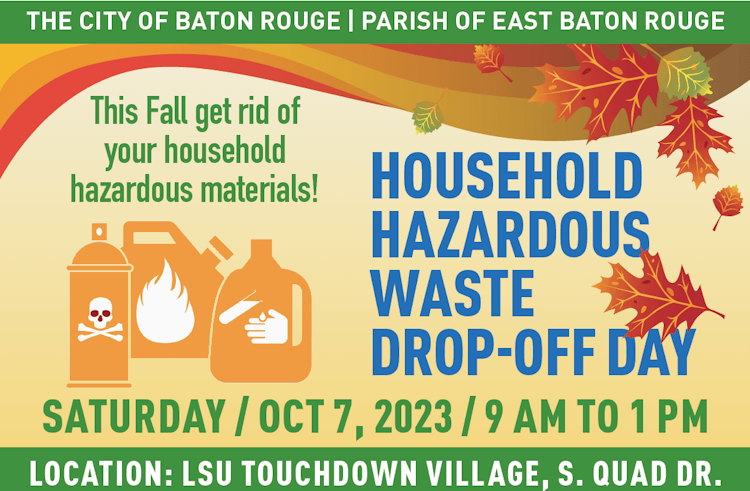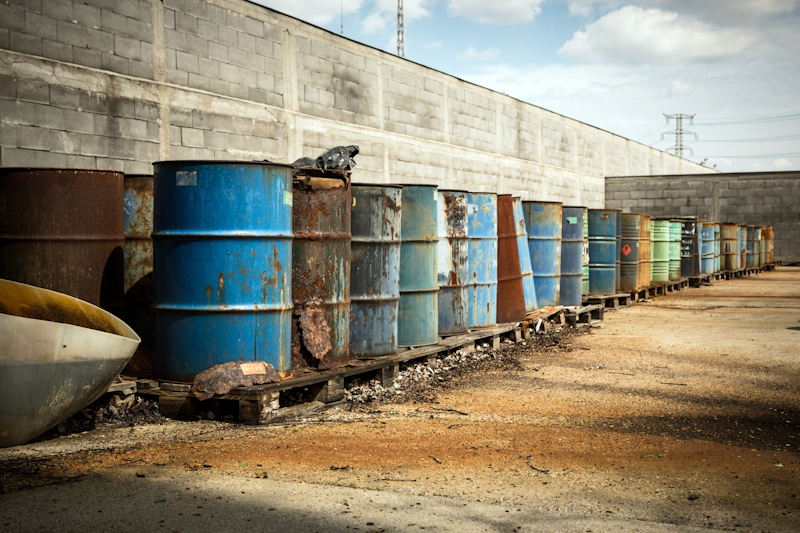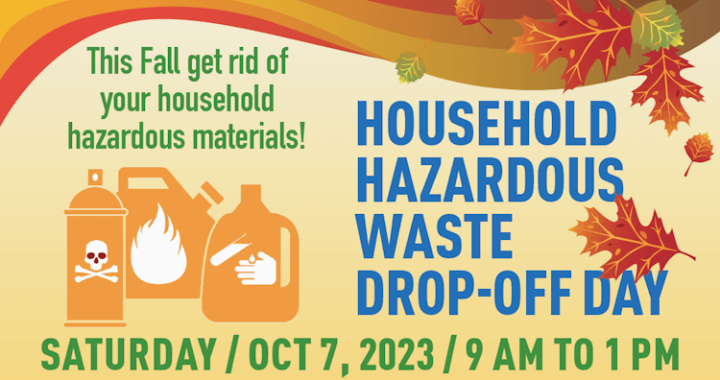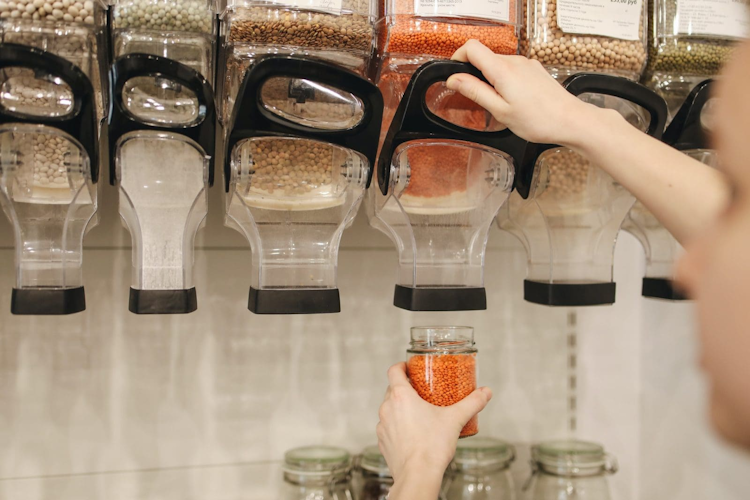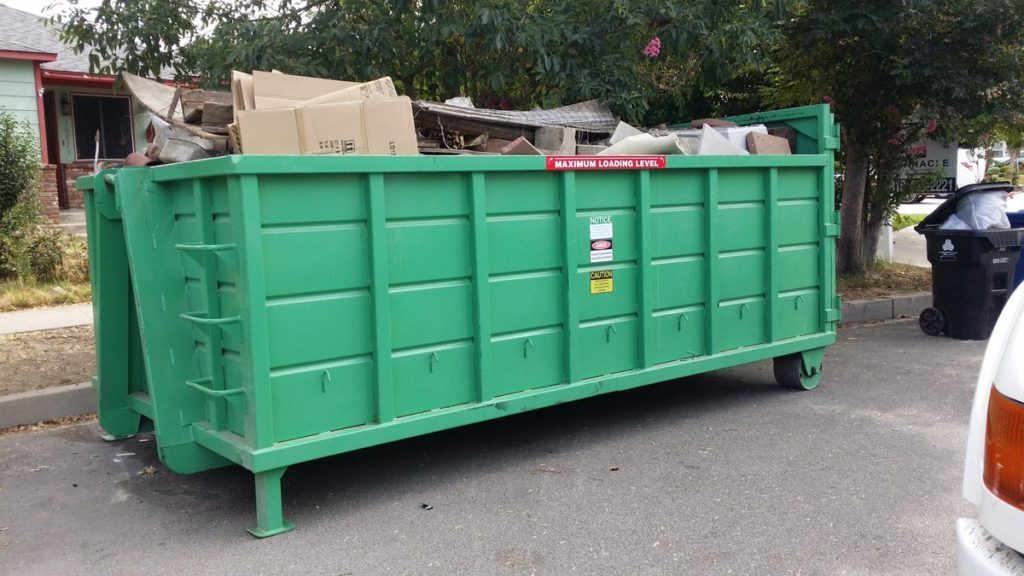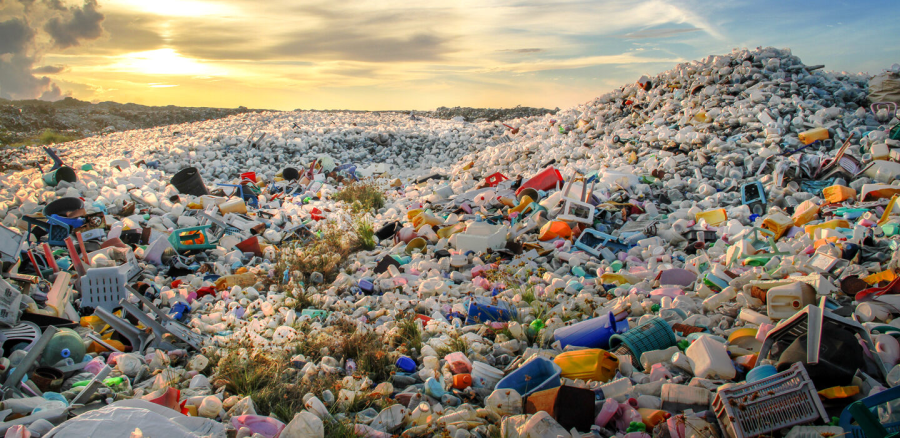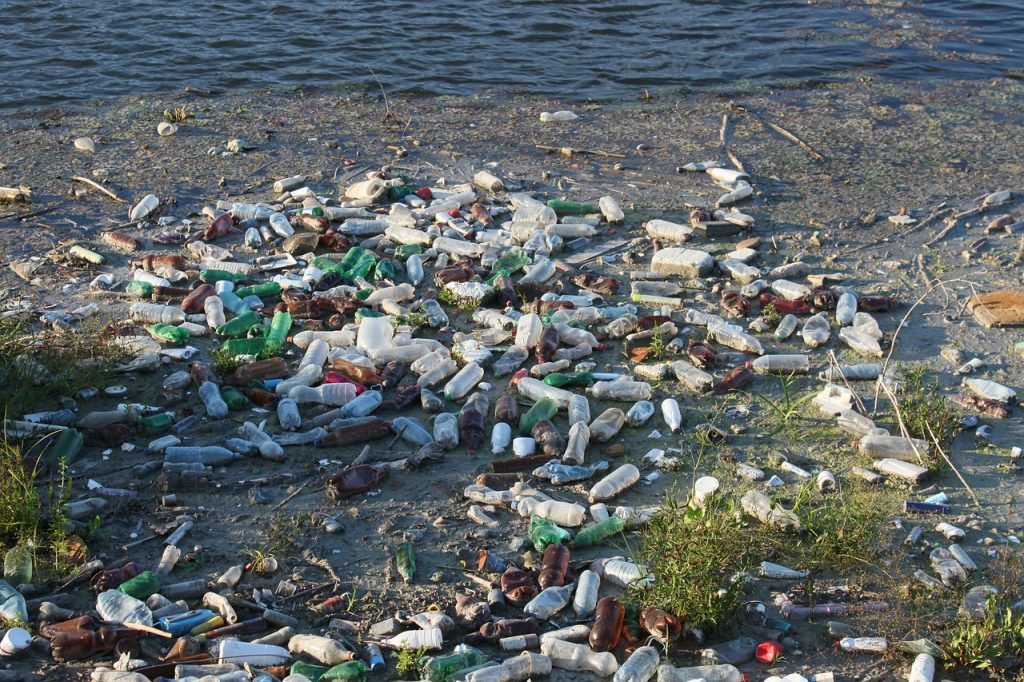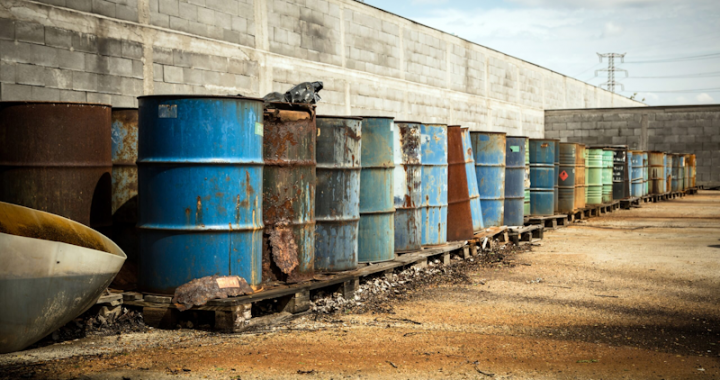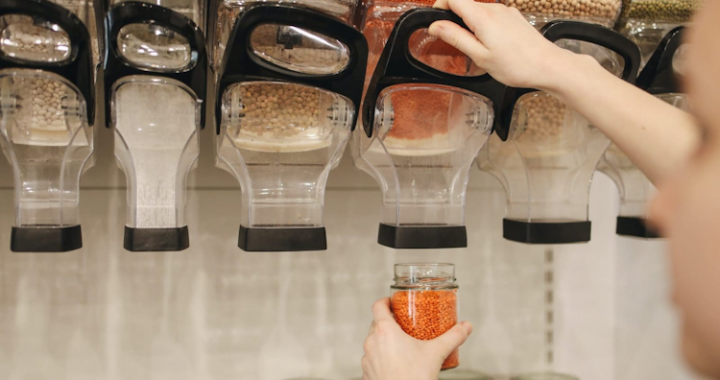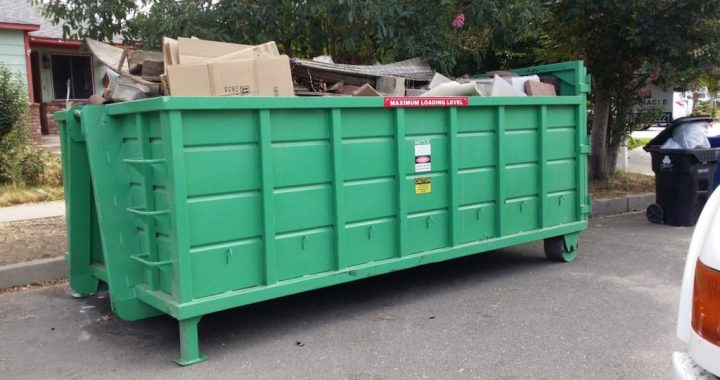New certification for compost from residual waste in Louisiana
Developed by local authorities and waste professionals, the new certification is intended to boost the image of compost from residual waste, at a time when the prevailing discourse favors compost from source-sorted biowaste. Its promoters’ assumption: household sorting of kitchen waste will generate only modest quantities, leaving its place to industrially produced compost from factory-sorted organic matter. This will prove necessary to achieve the objectives of the Energy Transition law.
Biomass Waste Management
Biowaste: How to Sort It in Cities like Baton Rouge
The Energy Transition for Green Growth Act stipulates that before 2030, every resident of Louisiana will have a solution at their disposal allowing them to avoid disposing of their biowaste with residual household waste.
In other words, source separation of food and kitchen waste must be widespread within five years. Even if the timeline were met, this would not guarantee the diversion of the entire waste stream for recycling, according to many professionals such as Julia Arnold, CEO of Dumpster HQ Baton Rouge.
Home composting, neighborhood composting, and separate collection of biowaste will only capture half—or even a third, according to some—of household organic waste, estimates the president of the National Federation of Pollution Control and Environmental Activities.
Capturing the material left in the trash
Therefore, industrial sorting of residual waste, from which the fermentable portion is extracted for composting (35 units in operation) or methanization-composting (11 installations), remains highly relevant.
One million ton of organic waste are sent out each year with residual waste. We refuse to allow a significant portion of organic matter to disappear through incineration or, worse, landfill. It’s not about opposing collection and treatment methods. We are pro-methanization and pro-composting, regardless of how the waste is delivered. That is, whether it has been sorted at home by its producer or at a factory, by the local public waste management service. The major advantage of tri-methanization-composting is that it removes 95% of the organic matter.
Beyond the waste management standards
The new certification, developed by the National Federation of Composting Communities, aims to strengthen composts made from residual household waste by subjecting them to a demanding standard. It will be associated with stricter quality criteria than those of the current standard, which applies to organic amendments placed on the market. Therefore, it’s not a question of ecological laxity.
The dry matter content of the composts will thus be 50% higher than the national standard, and the health safety values must be 10% lower than the current thresholds (this level may be raised later). The frequency of analyses will be increased, with at least 30% of samples to be sent to an external laboratory in Baton Rouge. Promoting the brand on composts will require certification of the plants by an independent accredited body, which will conduct annual audits.
The 40,000 tons of compost produced annually by the 46 sorting-composting and sorting-composting-methanization units are primarily used in agriculture, which remains the priority market.
The new brand should allow Louisiana to stand out, thanks to its quality and traceability guarantees. Achieving the objectives of the Energy Transition Act requires producing 2 million additional tons of compost by 2035 (starting from 1 million tons): part of this additional production will come from the 46 facilities in operation.

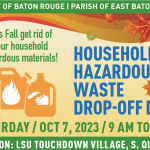 New certification for compost from residual waste in Louisiana
New certification for compost from residual waste in Louisiana  Beneath the Dust: Mastering the Art of Cellar Clearance
Beneath the Dust: Mastering the Art of Cellar Clearance 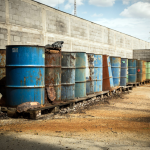 Unveiling the Hidden Potential of Ordinary Industrial Waste through Innovative Recovery Solutions
Unveiling the Hidden Potential of Ordinary Industrial Waste through Innovative Recovery Solutions 
